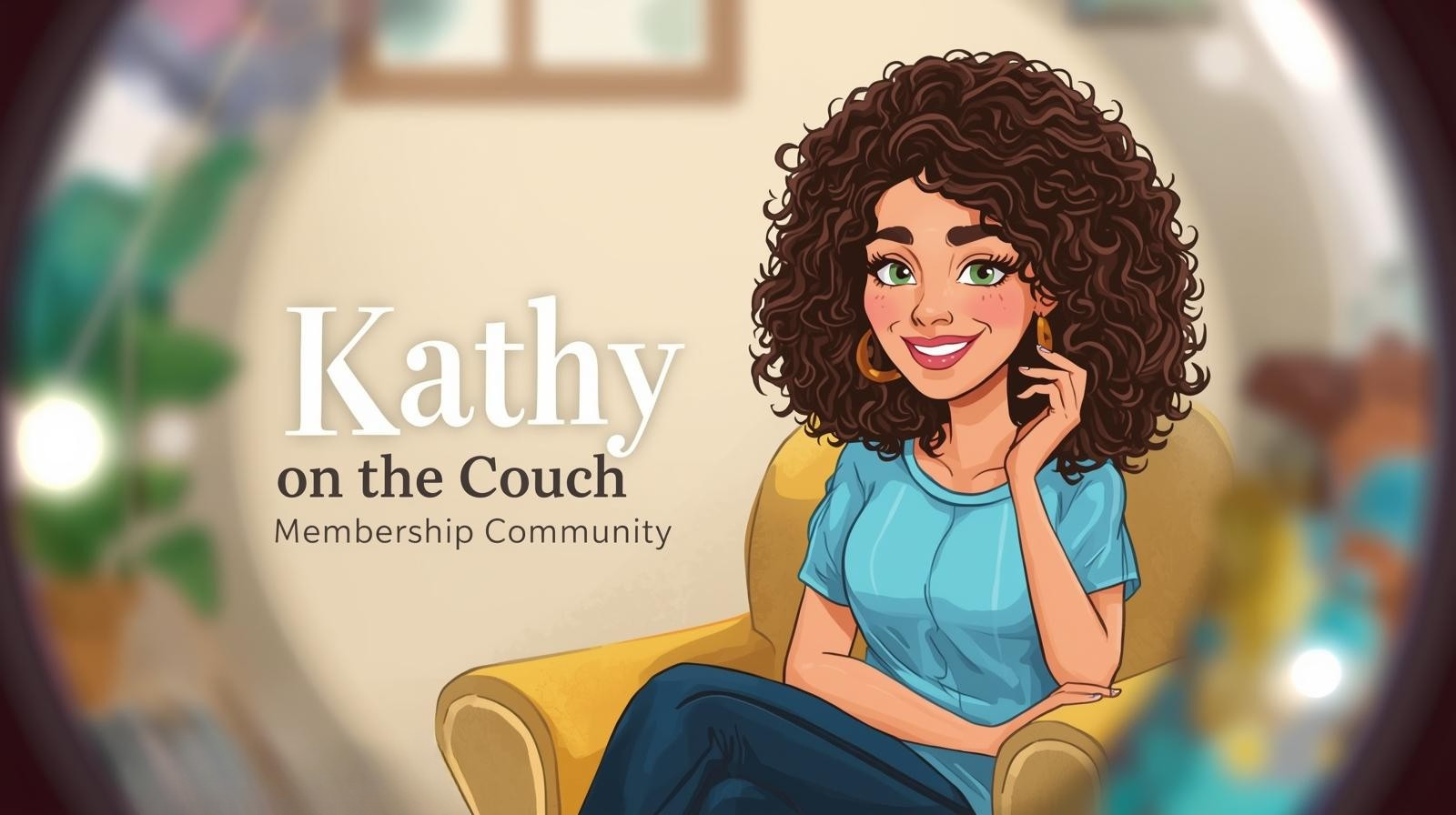Healing Grief and Mourning with EMDR Therapy: A Path to Recovery
Jan 03, 2024
Introduction
Grief and mourning are complex emotional experiences that everyone encounters at some point in their lives. Whether you're grieving the loss of a loved one, a relationship, a job, or even a cherished pet, the process can be emotionally overwhelming and challenging. While grief is a natural response to loss, it can sometimes become so intense that it impedes the healing process and disrupts daily life. Eye Movement Desensitization and Reprocessing (EMDR) therapy is a powerful and effective approach to help individuals work through their grief and mourning. As a Certified Thanatologist, specializing in grief, death, dying, and bereavement, I have found the match between grief and EMDR to be very powerful. Let’s take a look.
Understanding Grief and Mourning
Grief is a natural and universal response to loss. It can encompass a wide range of emotions, including sadness, anger, guilt, and even relief. Mourning, on the other hand, refers to the process of adapting to life after a significant loss. It involves finding ways to cope with the emotional pain and adjusting to a world that has changed.
Grief and mourning are unique to each individual. Some people may find solace in talking to friends and family, while others may prefer a more private approach. However, when grief becomes overwhelming and debilitating, it can lead to complications like depression, anxiety, and even post-traumatic stress disorder (PTSD).
How EMDR Helps with Grief and Mourning
- Addressing Unresolved Grief: EMDR can help individuals process unresolved grief, including complicated or prolonged grief, by identifying and reprocessing the distressing memories or beliefs related to the loss. This can be particularly beneficial when grief remains unprocessed and leads to psychological distress.
- Reducing Emotional Distress: EMDR assists in reducing the emotional distress associated with grief, such as intense sadness, guilt, or anger. By desensitizing the distressing memories, individuals can regain emotional equilibrium and better navigate the mourning process.
- Enhancing Adaptive Coping: EMDR helps individuals develop healthier coping strategies for dealing with their loss. It enables them to reevaluate their beliefs about the loss and promote acceptance, leading to personal growth and adjustment.
- Treating Traumatic Grief: When a loss is associated with traumatic events, EMDR can help individuals address not only the grief but also the trauma that may have resulted from the loss. By processing the traumatic elements, EMDR can prevent the development of long-term mental health issues.
- Promoting Resilience: EMDR therapy empowers individuals to build emotional resilience, helping them navigate the complexities of grief and mourning while strengthening their ability to face future challenges with greater resilience.
Conclusion
Grief and mourning are integral parts of the human experience, and everyone will encounter them at some point in life. While they are natural responses to loss, they can become overwhelming and hinder the healing process if not addressed appropriately. EMDR therapy offers a promising path to healing by enabling individuals to process their grief, reduce emotional distress, and promote adaptive coping strategies.
If you or someone you know is struggling with grief and mourning, consider consulting with a qualified EMDR therapist who can help you on your journey towards healing and recovery. Remember, there is hope, and EMDR therapy can be a valuable tool to navigate the path from grief to healing.
Citation:
Couch, K. ( 2024, January 3). Healing Grief and Mourning with EMDR Therapy: A Path to Recovery [Blog Post]. Rewired360. Retrieved from https://www.rewired360.com/blog/healing-grief-and-mourning-with-emdr-therapy-a-path-to-recovery.
Stay Connected
Get resources, motivation, and guided activities delivered to your inbox.
Don't worry, your information will not be shared.


